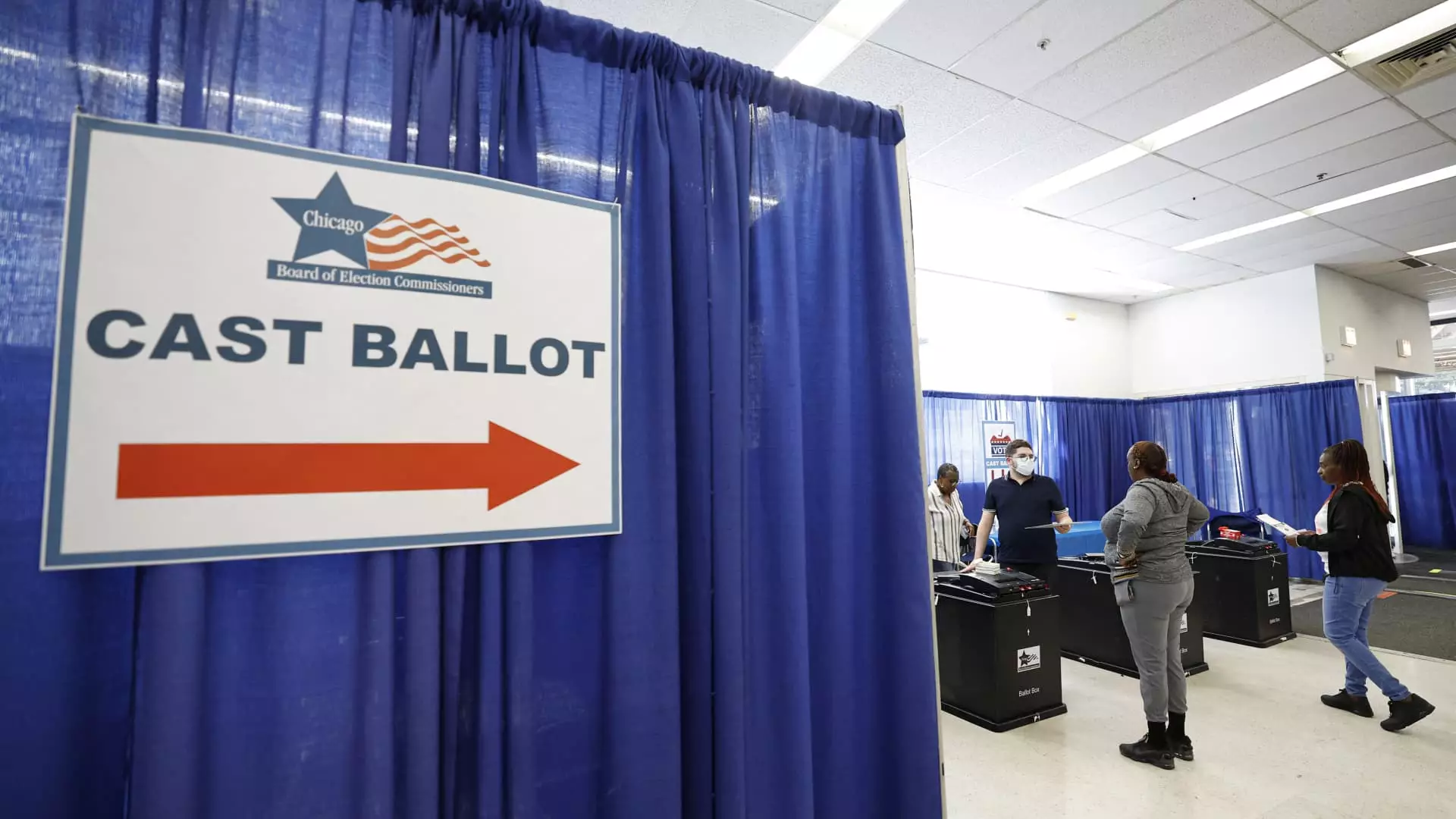In American culture, the subject of money often sits at the table of taboo discussions. A recent study by U.S. Bank, which surveyed 3,500 respondents, unveiled a startling revelation: many individuals would rather disclose their voting choices in a presidential election than dive into their financial situations. This apprehension mirrors findings from a Wells Fargo survey, which indicated that personal finance conversations rank just below those about intimate relations in terms of discomfort. Such reluctance raises essential questions about the stigma surrounding financial discussions and the implications of this avoidance for individuals and families alike.
The fear of discussing money is not simply a societal idiosyncrasy; it often intertwines with deeply rooted anxieties and aspirations. Preston Cherry, a certified financial planner, notes that while money influences our everyday lives, election conversations are limited to a short period every four years. Thus, the very personal nature of finances may encourage individuals to withdraw from these discussions, leading them to prioritize fleeting political debates over enduring financial realities. This avoidance could also stem from a lack of education regarding financial matters or the emotional weight that financial struggles can impose on families.
Despite the discomfort it creates, a growing number of families are beginning to address financial topics with more frequency, particularly between parents and their children. U.S. Bank’s findings suggest an encouraging trend: today’s parents are nearly twice as likely to introduce financial concepts such as investing compared to previous generations. Yet, despite this improvement, a significant 45% of respondents admitted to being ignorant of their parents’ financial situations. This gap in understanding can create complications in times of need, especially as society faces an aging demographic.
Financial advisors argue that lacking these crucial conversations can lead to severe misunderstandings and missed opportunities in wealth-building. Winnie Sun, a wealth management expert, explains that not having open dialogues about finances within families can create significant barriers to effective financial planning. It’s essential for family members to share knowledge to enhance collective financial well-being. Douglas Boneparth, a wealth management president, adds that the absence of family discussions on finances may result in costly legal challenges or tax difficulties that could affect future generations.
Starting the Conversation
How then can families initiate these important discussions? The emphasis should be on starting small. Scott Ford from U.S. Bank suggests approaching the conversations in a casual manner, beginning with everyday financial aspects, like the cost of medications. This incremental approach can create a comfortable environment that promotes further dialogue. It is crucial that family members, particularly elderly ones, feel supported rather than confronted during these conversations about their financial situations. Ted Jenkin, a financial planner, encourages a simple mindset: the focus should be on ensuring proper arrangements instead of fixating on the specifics of wealth.
This proactive approach extends to creating a comprehensive emergency plan that encompasses essential medical and financial documents. Families should be equipped with information about bank accounts, estate plans, and durable power of attorney documents well before an emergency strikes. By preparing for worst-case scenarios, families not only protect their interests but foster a culture of transparency that can ease future burdens.
In addition to familial conversations, couples also face distinct challenges concerning financial transparency. A survey disclosed that nearly 34% of Americans do not share the same perspective with their partners on financial management, highlighting the potential for disarray in intimate relationships. Financial dishonesty, often referred to as “financial infidelity,” emerges as a common issue when couples struggle to engage with one another openly on money matters. The emotional strain caused by differing financial priorities can lead to significant rifts in relationships, necessitating that couples create an open dialogue free of judgment.
Engaging with a financial advisor can serve as a neutral ground for couples to navigate their financial conflicts. Many investors find value in discussing their financial challenges with a professional, which, according to U.S. Bank, has helped over half of the surveyed individuals in addressing uncomfortable family financial topics. The role of a financial advisor should be seen not as a luxury but as a valuable resource that can facilitate constructive discussions, helping couples align their financial goals and strategies.
The conversation surrounding finances, though fraught with discomfort, is vital for personal well-being and the collective health of families. Initiating these discussions can provide clarity, bridge gaps between generations, and enhance mutual understanding between partners. As society progresses, it is imperative that individuals prioritize open dialogue about their finances. The simple act of sharing one’s financial reality can pave the way for improved planning, increased familial support, and ultimately, a more secure financial future. Embracing this dialogue will not only strengthen family ties but also forge a foundation for intergenerational prosperity.

